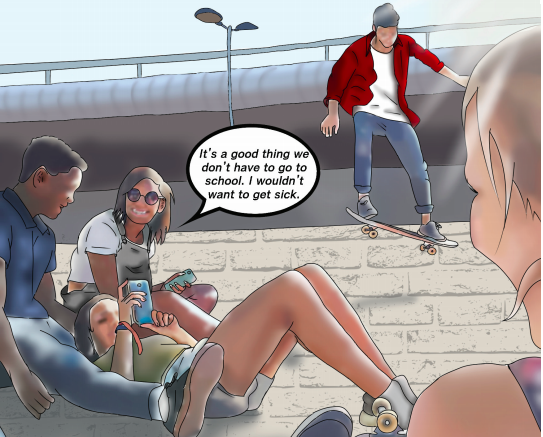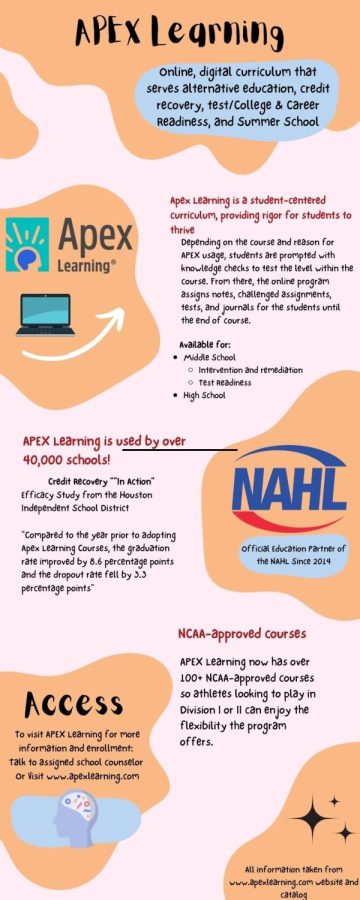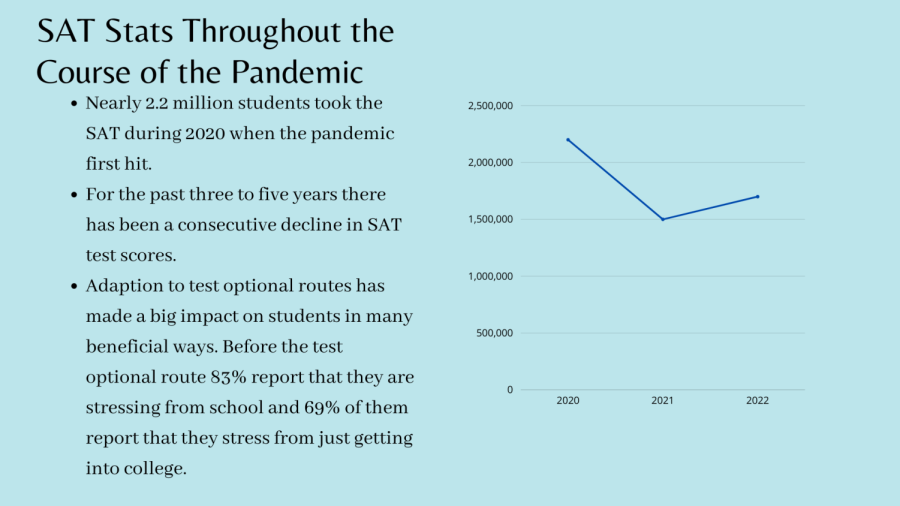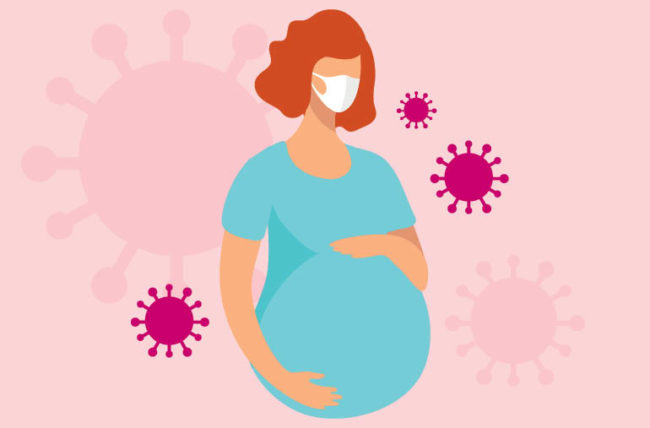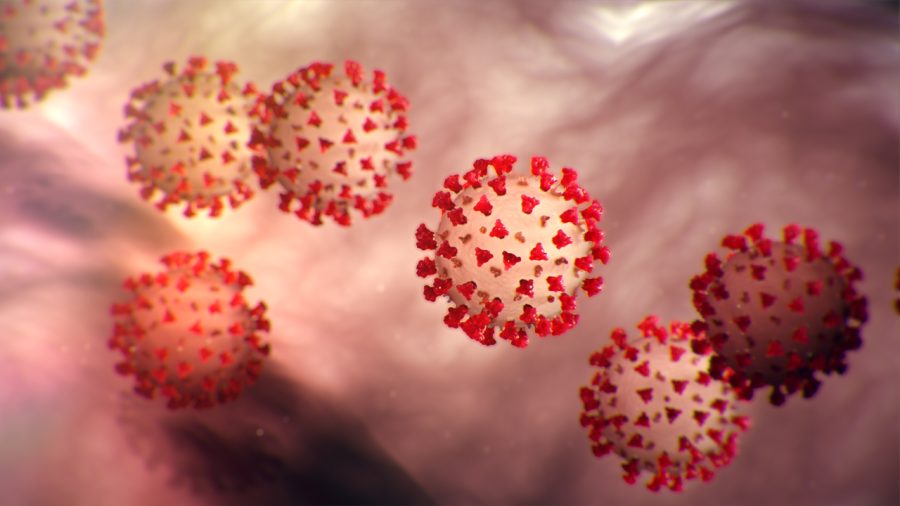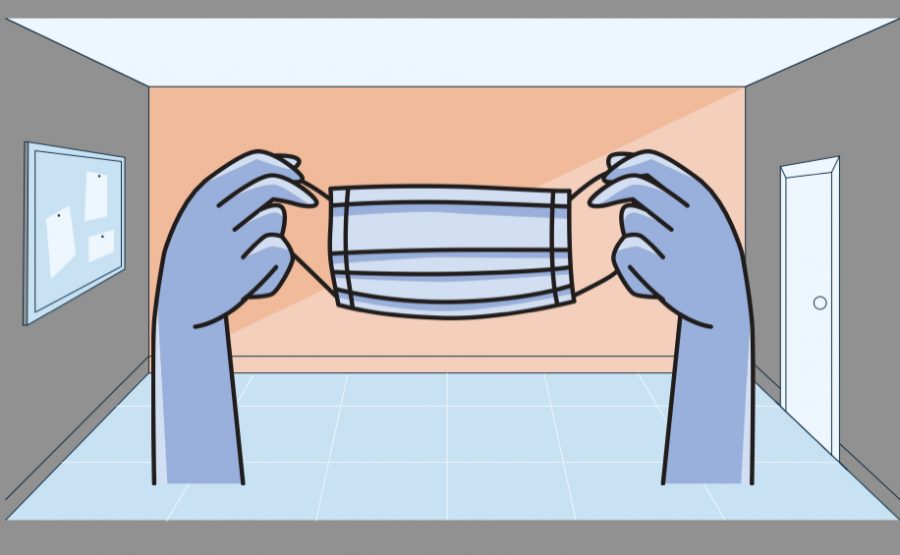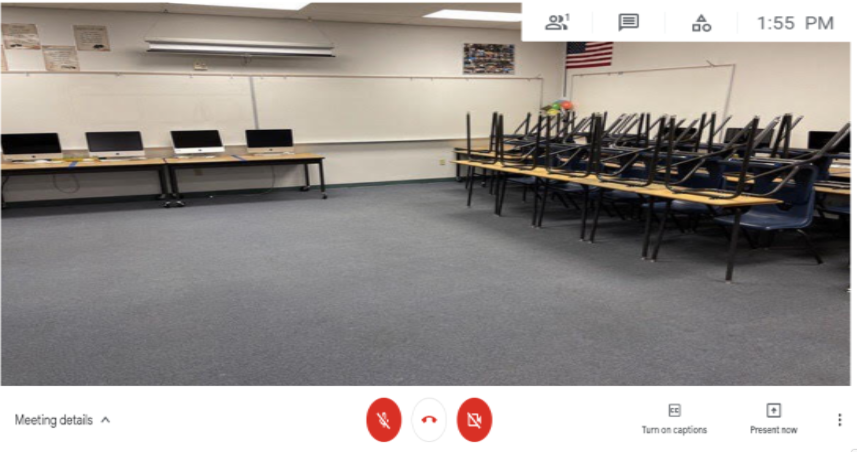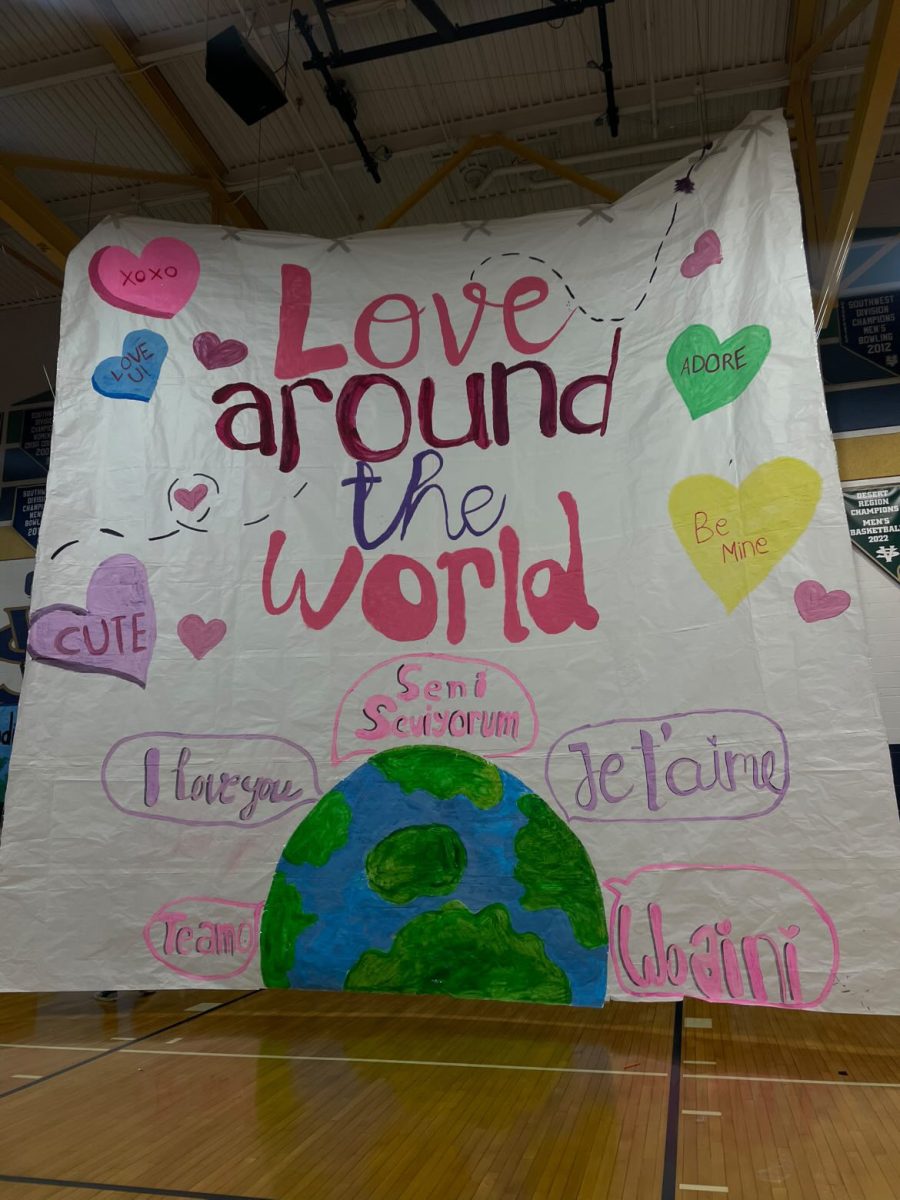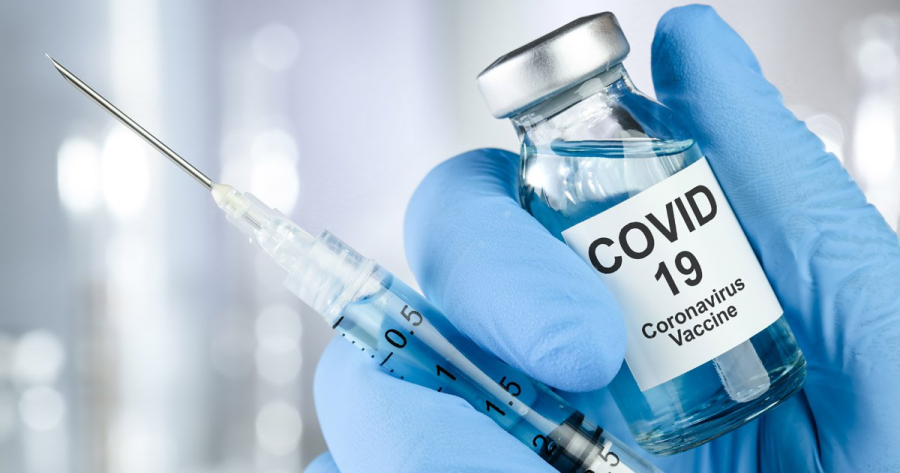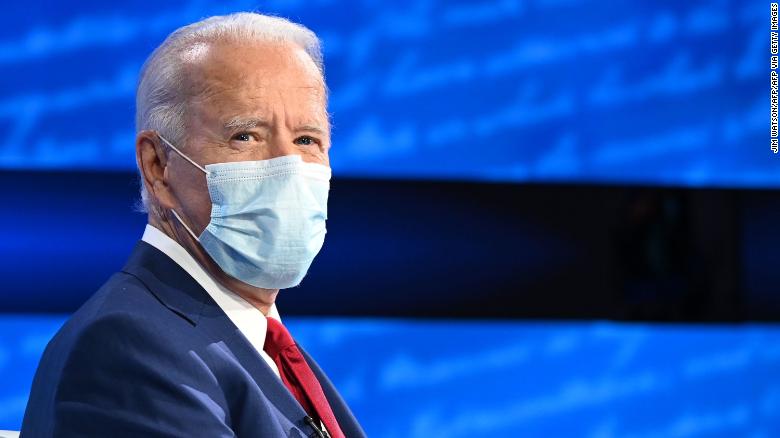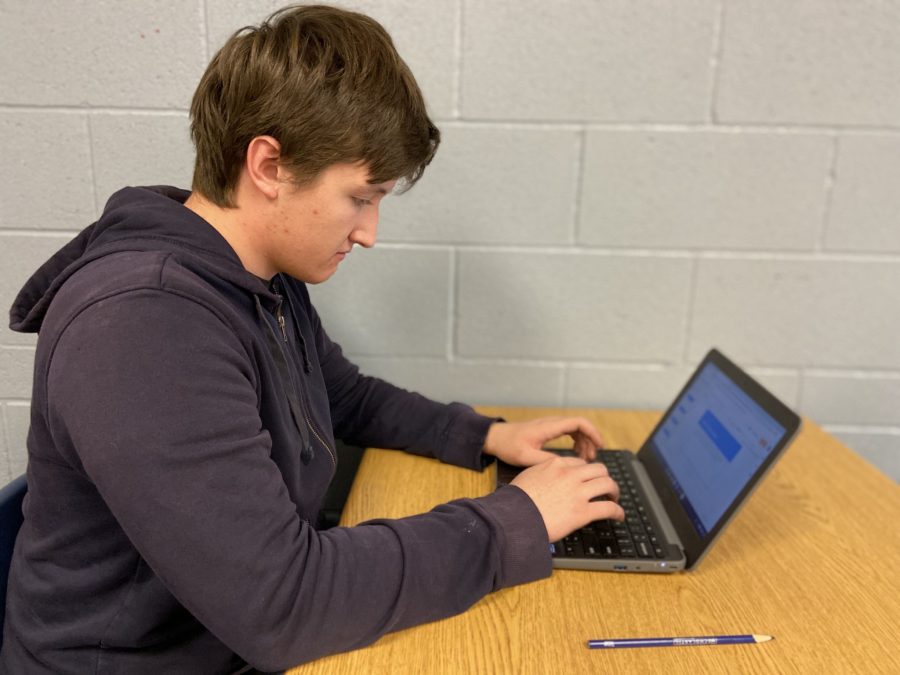A raging spring break is often seen as a rite of passage for many American college students, and this year was no different. Fresh-faced 21-year-olds crowded around beaches and drank beverages that tasted like sweet freedom. High schoolers met friends in the park to play basketball, or they snuck out at night to make questionable decisions in the name of a good time.
Now, America leads the nations for coronavirus cases, and it’s no surprise why.
With more than 400,000 cases, we have around one-fourth of the world’s total sick population, even beating out the country where the virus first appeared four long months ago. We’ve become the epicenter of a deadly pandemic because we indulge on simple impulses that lead to complicated catastrophes.
As a result, scientists have implemented social distancing guidelines, recommending that gatherings be limited to 10 people or fewer, with people kept six feet apart from each other at all times. An alarming amount of Americans, young and old, have been ignoring these instructions for frivolous reasons.
Those youngins risked their lives for an event that happens every year. They could’ve made the same drinks, spoken to the same people and had the same good times, all from the comfort of their own homes. Instead, they decided to be reckless, putting themselves, their parents, their grandparents, immunocompromised relatives and those of all their friends at risk.
While the local governments certainly should’ve closed the beaches, and parents should stop shoveling their children into sports leagues, the fault still lies with those who thought themselves invincible. The youth are not invincible. According to the Nevada Health Response, as of April 6, 8% of Nevada patients were 19 years old or younger. Another 15% were between 20 to 29 years old. This isn’t just an old person’s disease; 75% of all Nevada patients were under 60 years old.
Every time anyone leaves their house, they should picture sitting in a hospital bed with aches, a fever and an elephant sitting on their chest. They should picture the worried expressions on their loved ones’ faces, as they panic for them and for themselves. They should script out the conversations they’ll hear from overwhelmed healthcare workers, “Who should we let die?” They should imagine their own burial and those of the strangers they encountered on the street, as their families grieve alone because funerals are too risky. They should consider whether or not all those lives are worth it.
Every time anyone leaves the house, it’s inherently selfish and careless. While there are valid reasons to expose yourself to an infected world, which is why “essential businesses” remain open, people aren’t leaving their houses for essentials.
They’re leaving to attend small parties; what if your friend’s brother’s boss’s daughter is a doctor, and the virus carried through all of them to you? They’re leaving to stock up on toilet paper; employees at Costco and grocery stores are getting sick and dying, and though they could have spread the virus to you, you could have spread the virus to them –– their lives matter too. They’re leaving to spite the “shady” government, prove that they’re untouchable or forget their woes that they’re unwittingly carrying and spreading to everyone within their vicinity. Frankly, they’re leaving because they’re too egotistical not to.
There may be a fine line between want and need, but there isn’t one between altruism and greed. So we beg you, the students and parents of Spring Valley, to practice social distancing.
Save the world –– stay at home.


